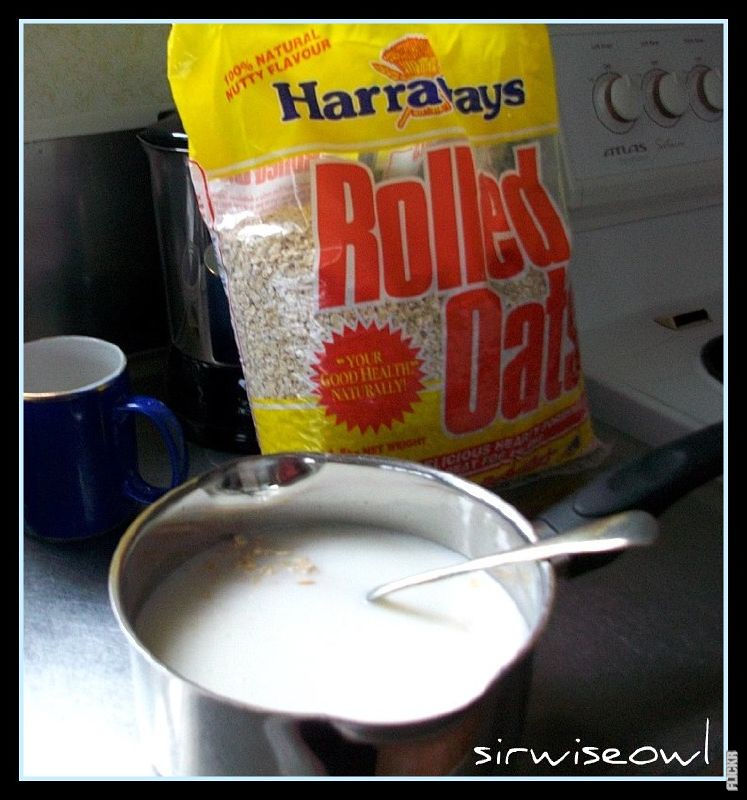The Mysterious World of Constipation
Constipation is a common condition that affects millions of people around the globe. It is characterized by infrequent bowel movements or difficulty passing stools, leading to discomfort and a sense of incomplete evacuation. While it may seem like a simple inconvenience, constipation can have various underlying causes and impacts on our overall well-being.
The Role of Diet and Lifestyle
One of the primary factors contributing to constipation is an unhealthy diet and sedentary lifestyle. In today’s fast-paced world, convenience often takes precedence over nutrition. Processed foods, low in fiber and high in fat, can disrupt the natural rhythm of our digestive system. Additionally, inadequate water intake and a lack of physical activity can further exacerbate the problem.
The Gut Microbiota Connection
Recent research has shed light on the intricate relationship between our gut microbiota and constipation. The gut is home to trillions of bacteria that aid in digestion and maintain a healthy bowel. However, an imbalance in this microbial ecosystem, often caused by antibiotics, stress, or a poor diet, can disrupt normal bowel movements, leading to constipation.
Underlying Medical Conditions
While occasional constipation can be attributed to lifestyle factors, persistent or chronic constipation may be a sign of an underlying medical condition. Conditions such as irritable bowel syndrome (IBS), hypothyroidism, diabetes, or even certain neurological disorders can interfere with the normal functioning of the digestive system, resulting in constipation.
The Impact of Stress
Stress, a prevalent aspect of modern life, can significantly affect our digestive health. When we are stressed, our body releases stress hormones that can disrupt the natural contractions of the intestines, leading to slowed bowel movements. This can contribute to constipation, creating a vicious cycle where stress and constipation perpetuate each other.
Post
Post
Treating and Preventing Constipation
Fortunately, there are several strategies to relieve and prevent constipation. Increasing dietary fiber by incorporating fruits, vegetables, and whole grains can promote regular bowel movements. Staying hydrated and engaging in regular physical activity can also have a positive impact on our digestive system. In some cases, over-the-counter laxatives or prescription medications may be recommended.
The Importance of Seeking Medical Advice
While occasional constipation can usually be managed through lifestyle changes, it is crucial to consult a healthcare professional if symptoms persist or worsen. They can help identify any underlying medical conditions and provide personalized recommendations for relief.
Conclusion
Constipation may seem like a simple inconvenience, but its causes and impacts are far from straightforward. From dietary choices to the delicate balance of our gut microbiota, various factors can contribute to this common condition. By understanding the underlying mechanisms and making healthy lifestyle choices, we can strive to maintain a well-functioning digestive system and prevent the discomfort of constipation.



